If you’re looking for new and creative ways to dye eggs with the kids this year, you’re in luck!
We’re all about the Easter egg projects this week, here in my home daycare. Today we’re going to show you how to dye eggs 4 different ways and they all yield gorgeous results. All of the techniques are fun and easy. Three are really creative techniques that will give your eggs a unique, multi-coloured appearance that will completely WOW your kids.
I love that these can double as Easter art activities for my kids or my daycare kids. I’ve also included 3 of my favourite egg-dyeing techniques from other bloggers at the end of this post.
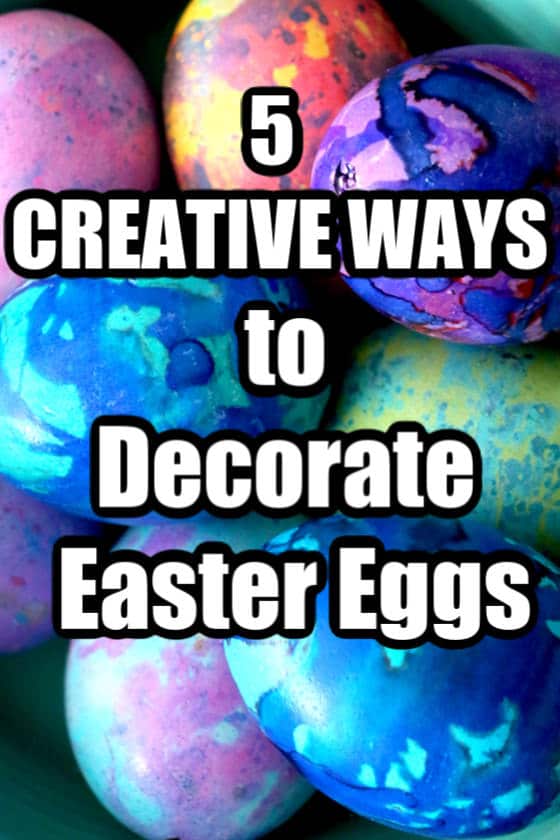
With our egg dyeing techniques, you’ll learn how to:
- dye Easter eggs with Sharpies and rubbing alcohol for a cool tie-dye effect
- dye easter eggs with liquid watercolours
- marble Easter eggs with oil, vinegar and food colouring
- dye Easter eggs one solid colour with food colouring or liquid watercolours.
- decorate plastic dollar store Easter eggs (not exactly “dyeing”, but fantastic when you don’t want to use real eggs.
Which ever process you choose, your kids will have fun and you’ll wind up with some of the prettiest eggs ever to display in your home this Easter.
A note about eating dyed Easter Eggs:
It’s never safe to eat eggs that have been dyed with non-food ingredients. Eggshells are porous, meaning the dye will be absorbed through the shell. If you’re using ingredients that are toxic, blow your eggs out before dyeing them. That way you can display them year after year.
If you use non-toxic ingredients to dye your eggs such as vinegar and food colouring, you can refrigerate your eggs and eat them within a couple of days, but because the shells are porous, colours and flavours may affect the appearance and the taste of your eggs.
5 Creative Ways to Dye Eggs for Easter
Tie Dyed Easter Eggs with Sharpies and Rubbing Alcohol
We gave these eggs a tie dye effect using Sharpies and rubbing alcohol. It’s the same process we used to make our bookmarks a few years back, and I think it worked even better on our eggs than it did on the plastic bookmarks. It’s important to note that you definitely cannot eat these eggs, so blow them out first and display them all spring if you like. They’d be pretty tucked into a little nest!
Eggs dyed with Liquid Watercolours
Make beautiful multi-coloured patterns on your eggs with this easy watercolour technique. It’s so easy even toddlers will be able to create some of the prettiest eggs of the season. Wouldn’t these look gorgeous displayed in a glass vase or bowl? Note: Although liquid watercolours are non-toxic, please do not eat these eggs. Blow them out so you can preserve them for future years.
How to Marble Eggs with Oil, Vinegar and Food Colour
In this post, we show you how to marble easter eggs using just food colour, vinegar and oil. The process is really easy but it yields the most beautiful results. You just dip into a coloured solution to put the base colour on your egg and then dip into coloured oil to marbleize it. You use this process to dye eggs for eating, but remember, some of the colour and flavour may be absorbed through the shell.
Dyeing Eggs with Food Colouring or Liquid Watercolours
And of course, the classic Easter egg dyed with food colouring or liquid watercolours. These eggs look exactly like Easter eggs are supposed to look, don’t they? You can make them as pale as you like or amp up the vibrance a bit. Either way, this method of dying eggs will produce the kind of Easter eggs you remember from your childhood.
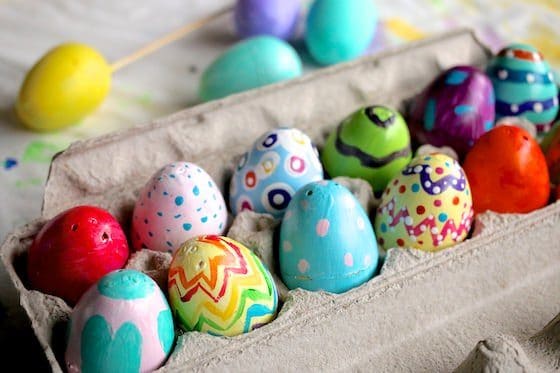
Painting Plastic Dollar Store Eggs:
Kids can paint plastic eggs to look like real easter eggs with this fun and easy process. Scatter them on your Easter table, display them in a basket, or use them for pretend Easter egg hunts.
Get the 3-5 Playful Preschool e-Book!
25+ Preschool activities by 25 bloggers, 10 printables, PLUS 50 links to activities not featured in the book.
Click to download your copy now!
Follow the Hooligans on Facebook!
Follow the Hooligans on Facebook!

Jackie is a mom, wife, home daycare provider, and the creative spirit behind Happy Hooligans. She specializes in kids’ crafts and activities, easy recipes, and parenting. She began blogging in 2011, and today, Happy Hooligans inspires more than 2 million parents, caregivers and Early Years Professionals all over the globe.
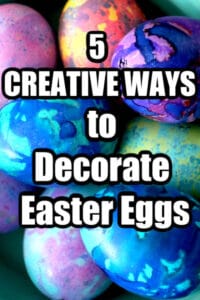
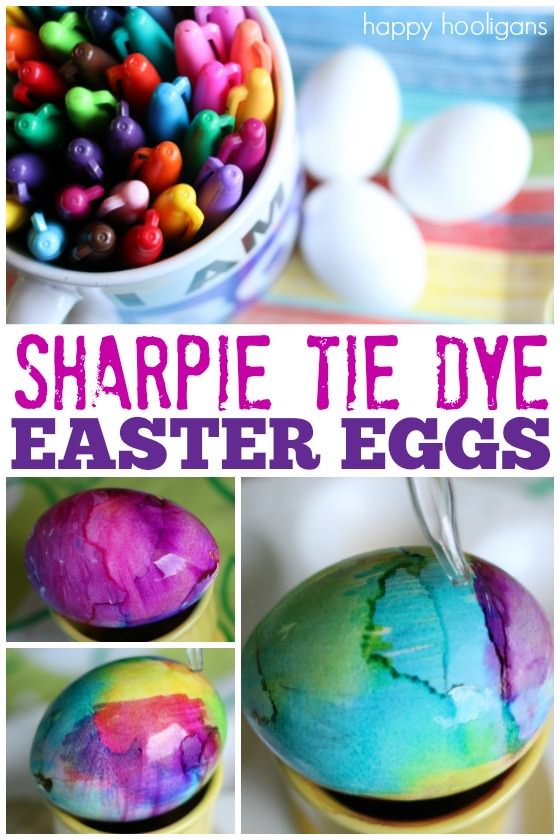
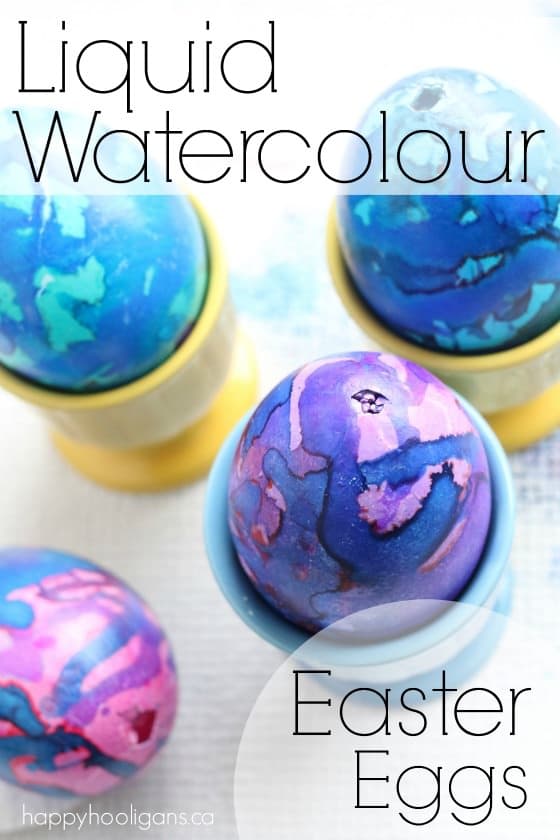
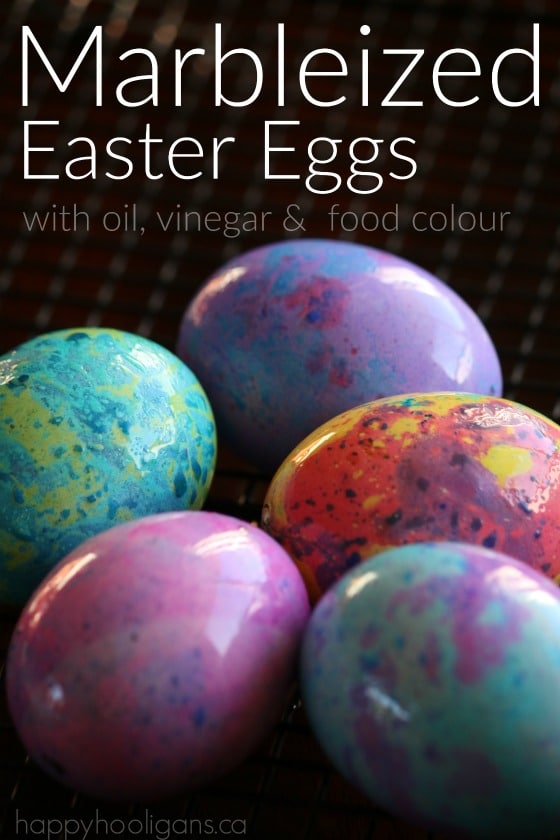
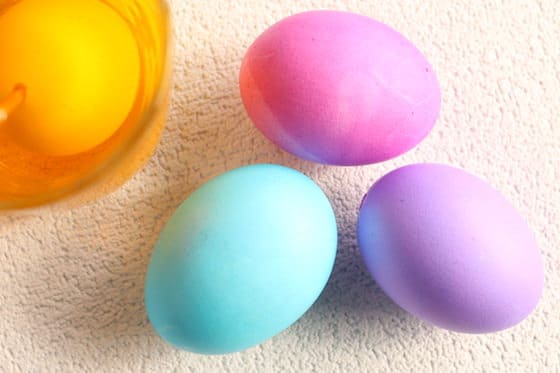
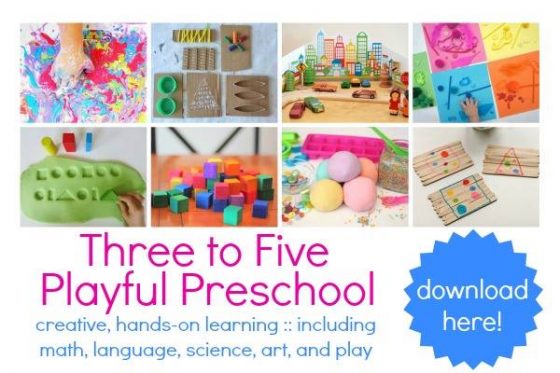
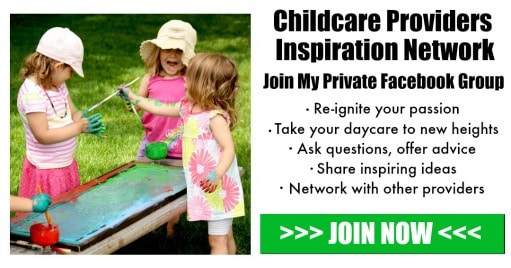
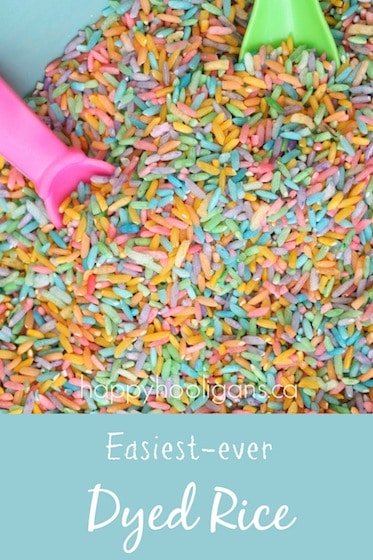
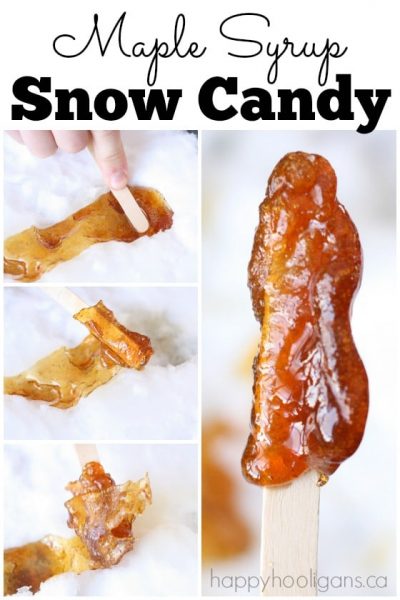
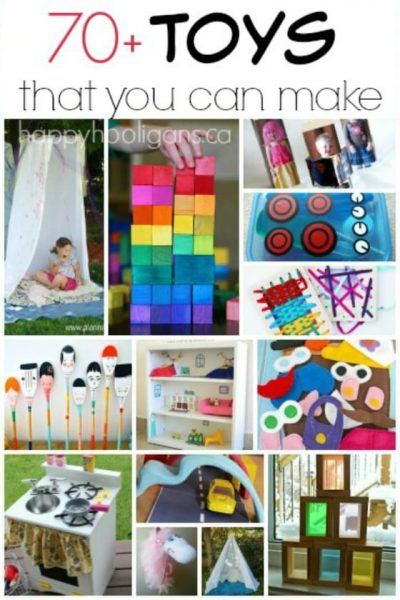
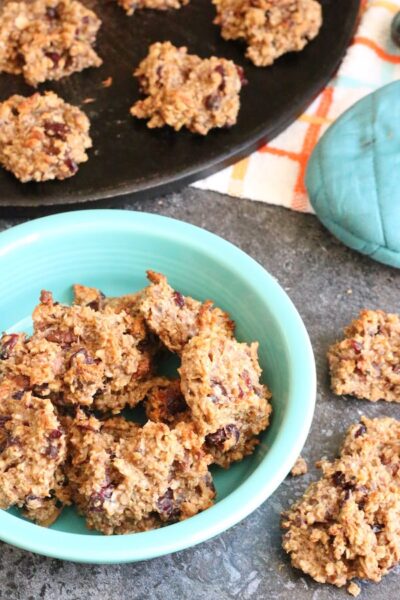
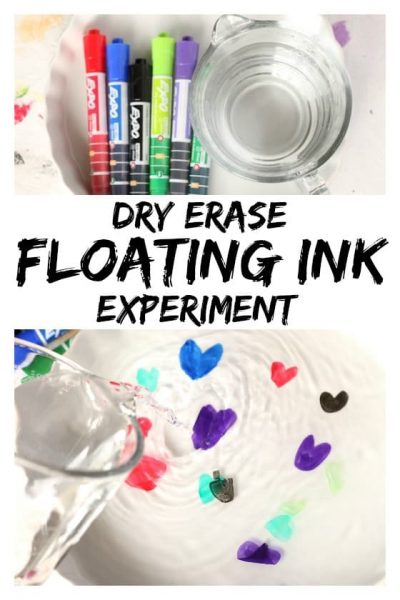
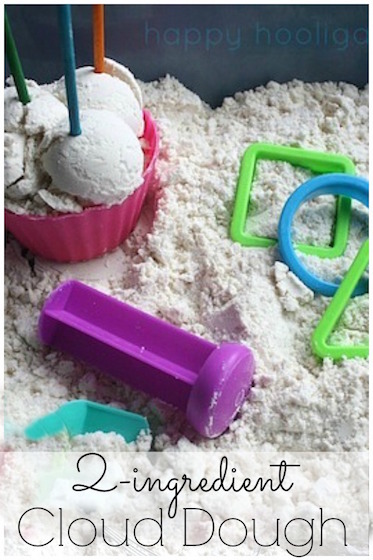

Leave a Reply